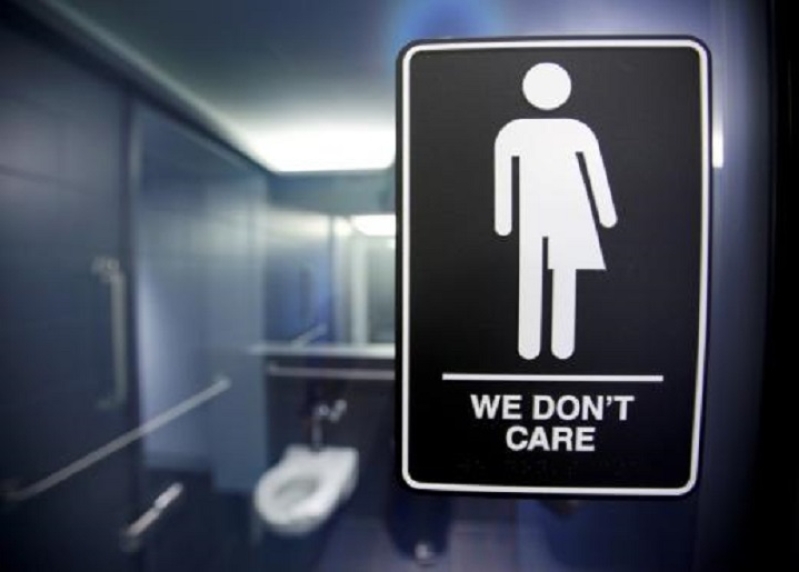
Three transgender students filed a lawsuit against a school district in Pennsylvania for requiring students to use restrooms according to their biological sex.
The three plaintiffs said Pine-Richland School District discriminated against them when it imposed a board resolution last month that did not allow transgender students from using restrooms corresponding to their gender identity.
Before this resolution was implemented, they were free to use restrooms based on the gender they identify with, the three students said.
The past weeks had been difficult, according to 18-year-old Juliet Evancho, one of the plaintiffs.
“These past three weeks have felt like three years because we felt so trapped and so discriminated against,” Evancho said. “Before this all started, Pine-Richland was a very safe, kind extremely comforting place. Everyone was so sweet.”
Evancho was born male but now identifies as a female. Evancho’s legal first name, formerly Jacob, has been changed to Juliet.
The other two plaintiffs were 18-year-old Erik Ridenour, also born male but now identifies as female and wants to be addressed as “Elissa,” and a 17-year-old student known only by the initials A.S., who was born female and now identifies as male.
Omar Gonzalez-Pagan, attorney at Lambda Legal who filed the lawsuit on behalf of the three students, said the school board resolution is a “discriminatory policy” that “erases” the transgender students’ identity.
“Forcing transgender students to use the restrooms that do not match their gender identity or forcing them to use separate single-stall restrooms erases transgender students’ gender identity, endangers their health and safety, and isolates them from the rest of the student body,” Gonzales-Pagan wrote regarding the case.
He argued that the new policy regarding the use of bathrooms is “unconstitutional” because it discriminates against students on the basis of sex and gender identity. He added that transgender students should not be treated like “second-class” students.
"The reality is Juliet is a girl, Elissa is a girl and A.S. is a boy," Gonzalez-Pagan said.
Peter Lyons, school board director, said the new policy does not represent the school district’s “respect and support” for the students.
“It is unfortunate that five members of our board chose to change a practice of the district that had been in place without controversy for some years,” Lyons said in a statement. “This change was not representative of the respect and support the Pine-Richland community extends to all of our students, regardless of their gender identity or sexual orientation.”
He clarified, however, that the statement he issued was his own alone and not that of the entire board.
Pine-Richland School District has yet to issue a statement.






